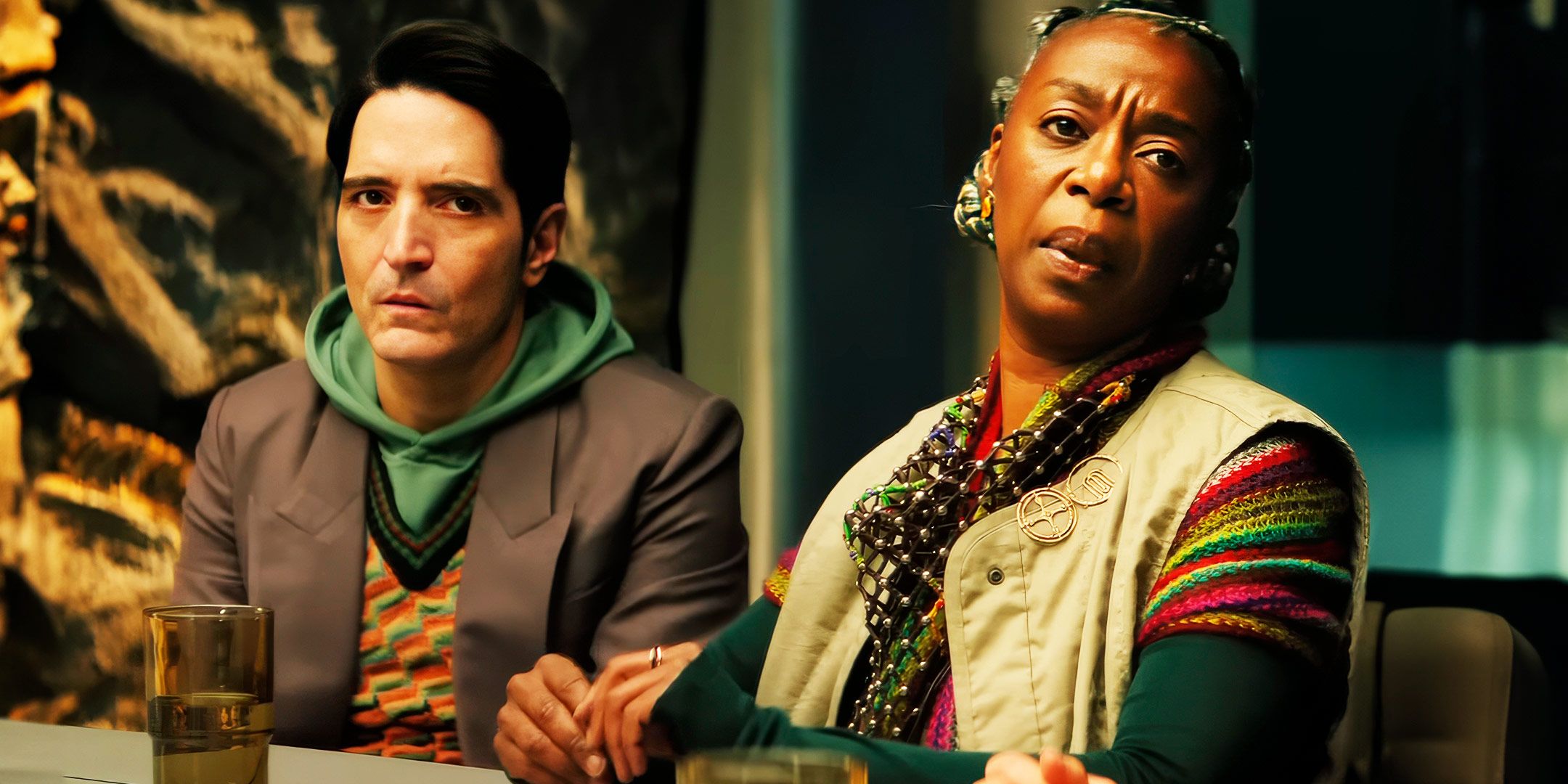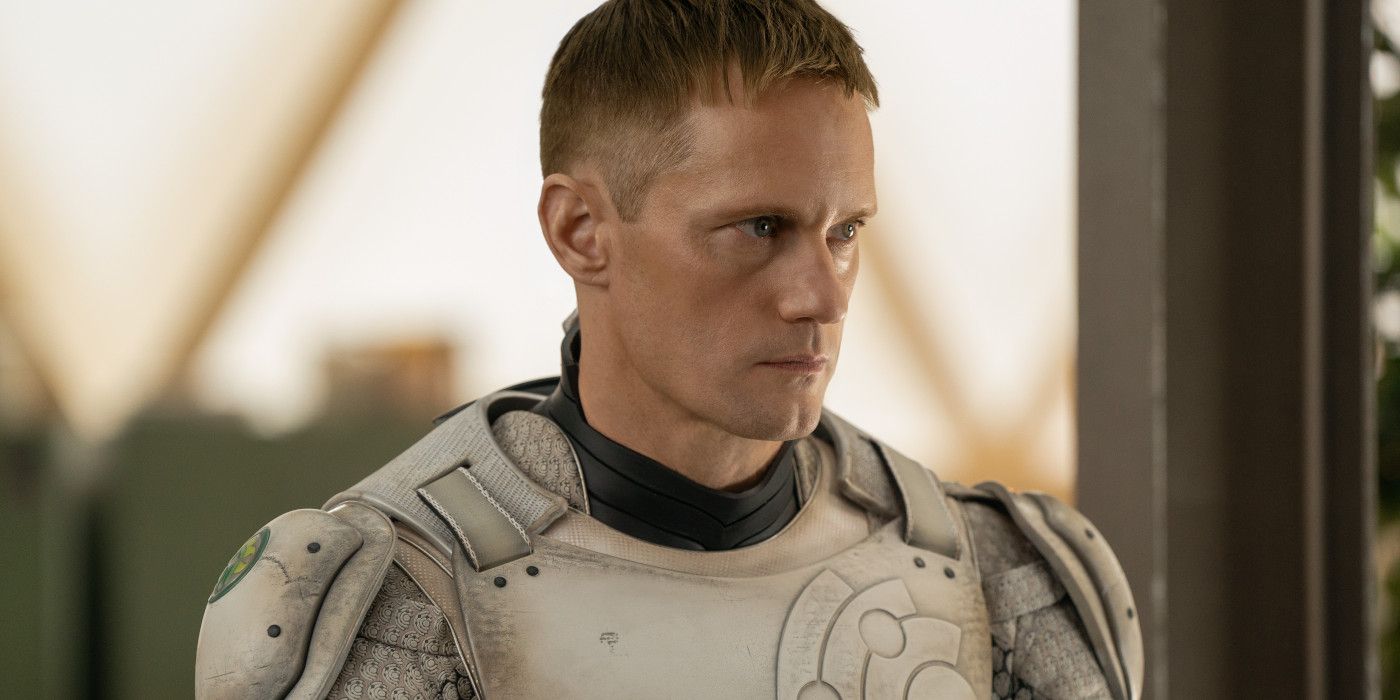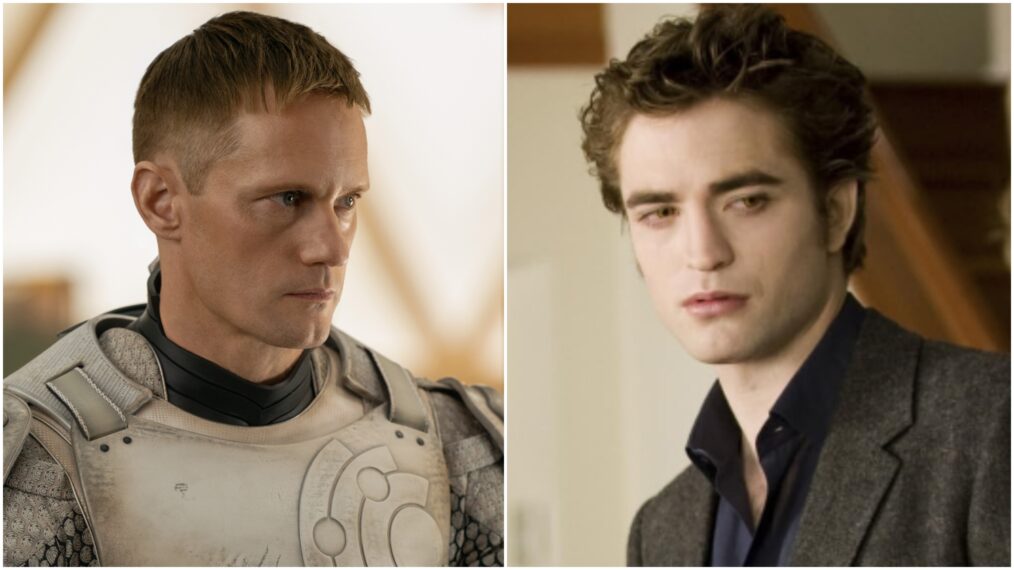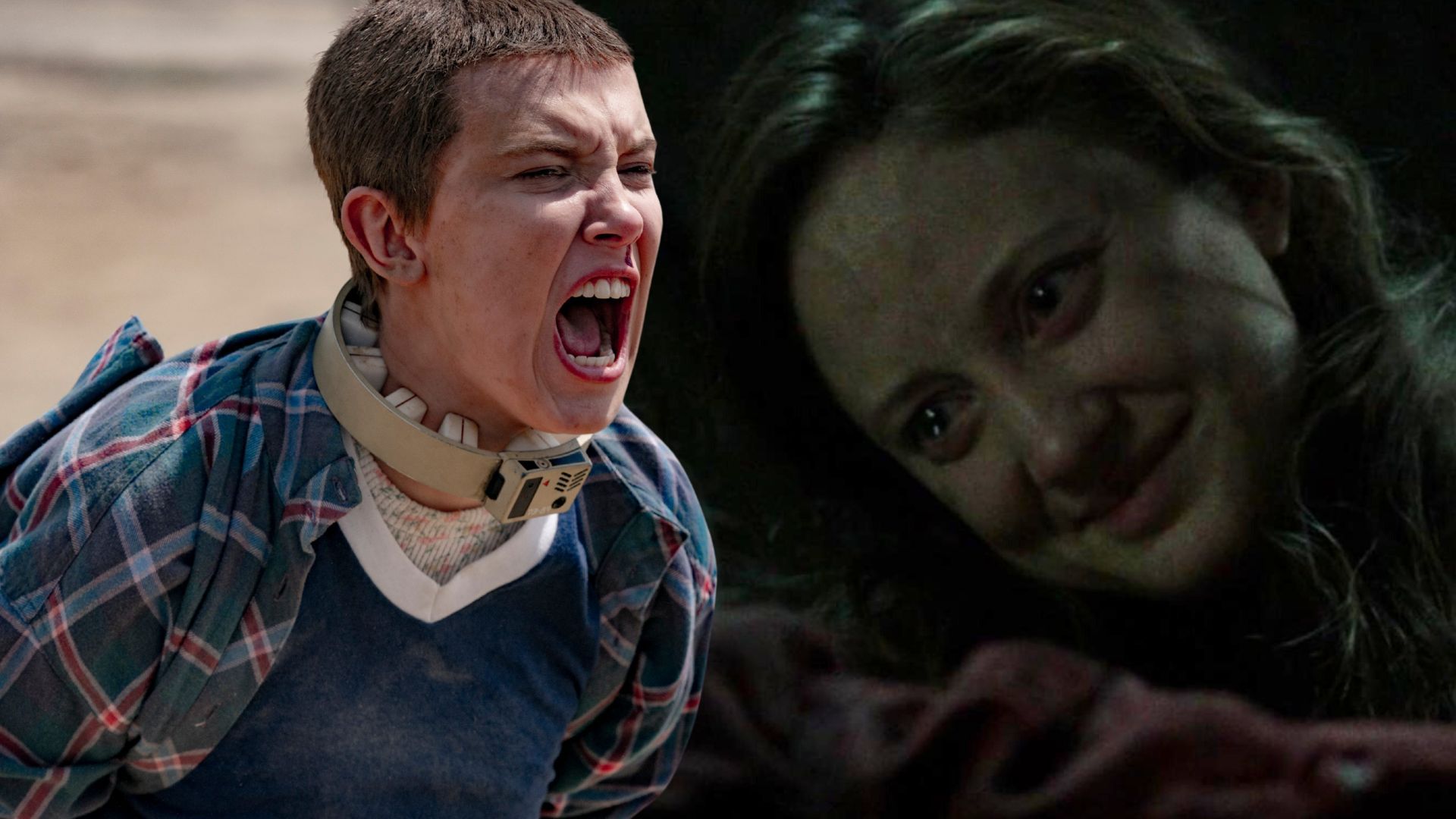'Murderbot' streaming series blends cyborg comedy and drama - Newsday
A cyborg security unit, or "SecUnit" (Alexander Skarsgård) is assigned to protect a small group of free-spirited scientists headed to a distant planet where they'll survey its resources. But they learn a little too late that their SecUnit is in fact a rogue who may kill them, or help them, and they're not entirely certain which. They eventually become more concerned when they learn that their TV-loving wisecracking SecUnit — its favorite show, by the way, is a space opera called "The Rise and Fall of Sanctuary Moon" — privately refers to itself as "Murderbot."
Nevertheless, the crew's good-hearted leader, Dr. Mensah (British stage actress Noma Dumezweni,) wants to gain the trust of their SecUnit, while another member of her team, Gurathin (David Dastmalchian, "Oppenheimer") thinks that's foolhardy. The SecUnit kind of agrees with him.
This10-parter is based on the first book of the Martha Wells novel series, "The Murderbot Diaries."
"Murderbot" — most of this first season anyway — is roughly similar to that camp classic from the '60s, "Lost in Space." Same general idea, almost same robot. Innocent naifs are marooned on a hostile planet, their chances of survival largely dependent on a sentient sack of wires and hard drives. When stuff goes wrong, the naifs freak out, but that sentient sack saves their hides, over and over again.
What's different here are a few things. Foremost, there are the veteran showrunners Chris and Paul Weitz ("American Pie") and David S. Goyer ("Foundation") who have taken that sturdiest of science fiction tropes — the cyborg — and turned it into something original and genuinely entertaining. They're helped by an excellent cast, particularly Skarsgård, who hasn't really done comedy since "Zoolander." (Yes, this is a comedy, but only sporadically.)
When it comes to cyborgs, at least in the movies and TV, science fiction tends to become terribly serious and philosophical — how these bionic humans are just a way to explore What it Means to Be Genuinely Human. But not here, not this guy: Murderbot is a functioning couch potato just like the rest of us, who would spend every waking moment (which in its case is every moment) watching some dumb soap if these annoying people didn't keep bothering it.
Beyond that soap addiction, Murderbot does have an interior fantasy life, which we know about because it yammers about it incessantly. Favorite episodes, and fave characters from its beloved soap, or it thinks about just how repulsive humans are, especially their habits, and their romantic/sexual entanglements.
Mostly, it fantasizes about just how great life would be without them. Free, free, free at last, or at least free of them.
Murderbot doesn't actually use words like "life" or "freedom, knowing full well those are privileges that belong only to the truly living and free. Which leads us to this "it" business. How should Murderbot refer to itself, or should we? With surprising vehemence, Apple press notes have insisted on "it" perhaps because assigning gender pronouns — "he," or "she," or even "they" — becomes just another form of entrapment and definition. Instead, "it" scrubs away preconceptions (ours, its), leaving Murderbot to become who Murderbot must ultimately become. (Or maybe "Murderbot" is also a send-up of gender pronouns too?)
If this all sounds a bit silly, then so (umm) be it. Apple's show, Apple's rules. We'll go with "it." But what in fact will Murderbot become? More human? Or is Murderbot really who it was all along — a neurodivergent and wearily cynical TVholic SecUnit with a well of almost-human kindness buried deep inside all those wires and circuits?
Strange questions, sure, but with surprisingly relatable outcomes.
A standout Skarsgård, with excellent support, in an entertaining send-up of cyborgs— but strictly for sci-fi fans only.
Verne Gay is Newsday's TV writer and critic. He has covered the media business for more than 30 years.












